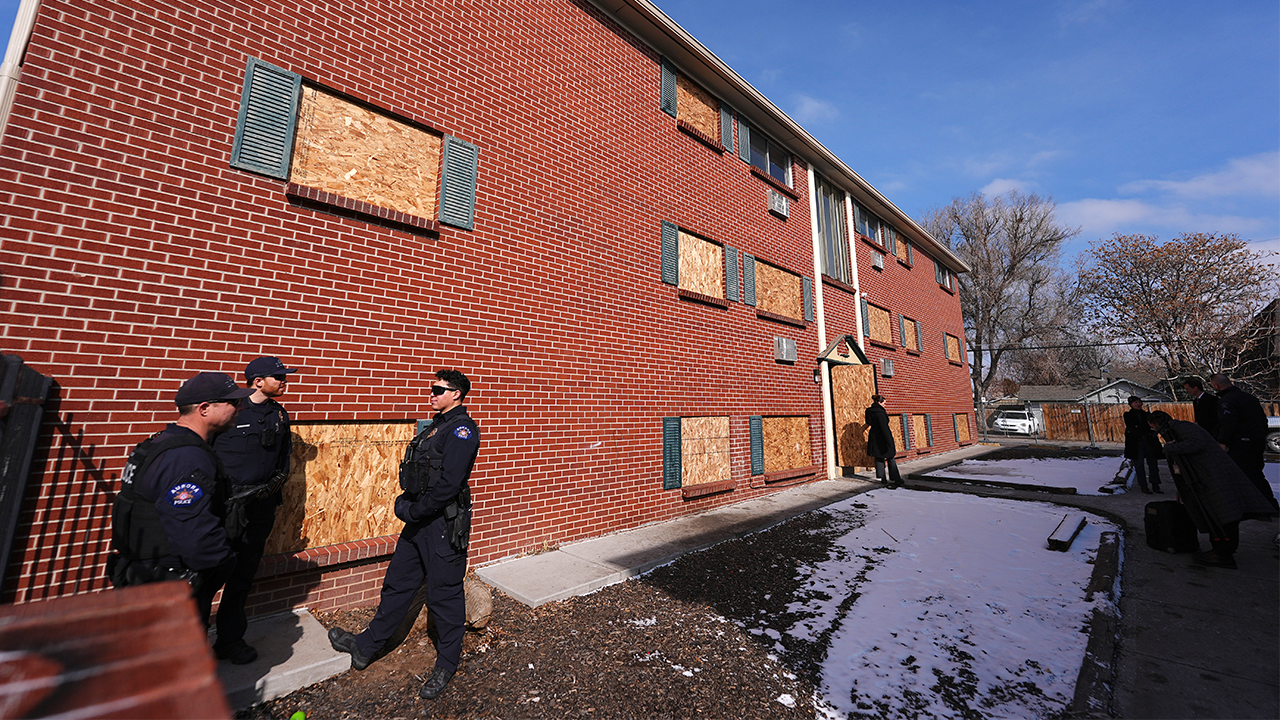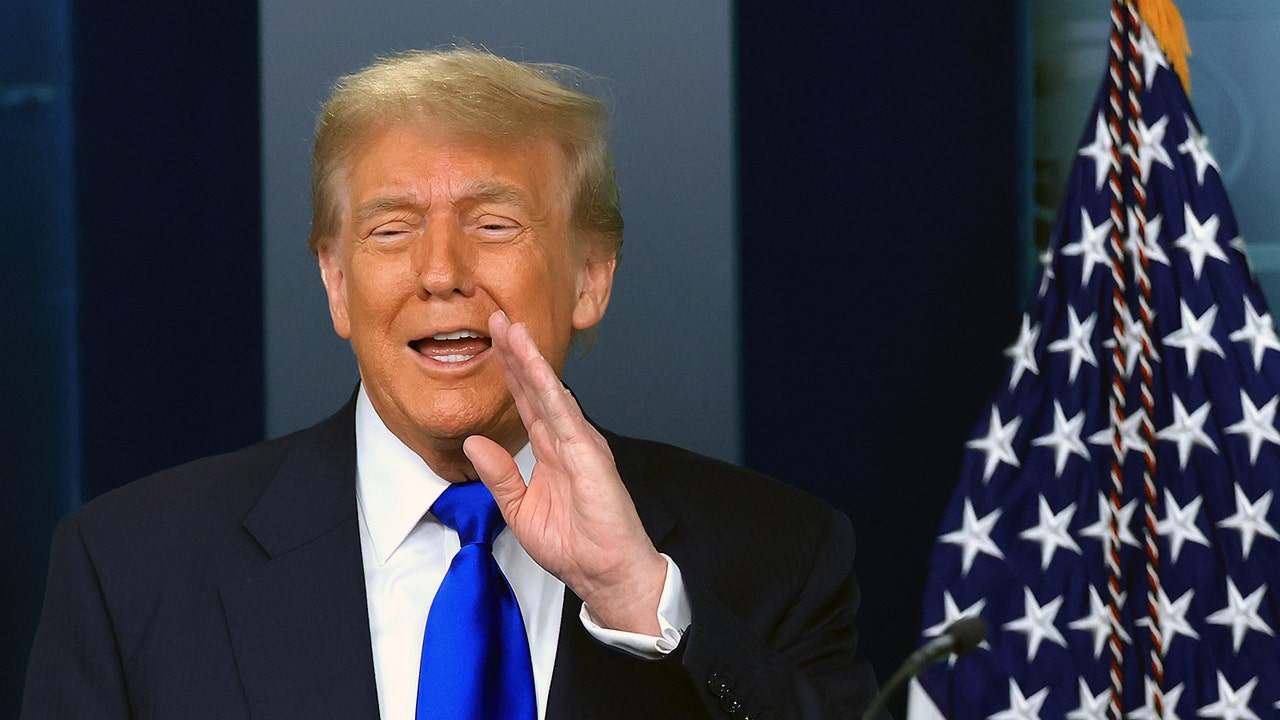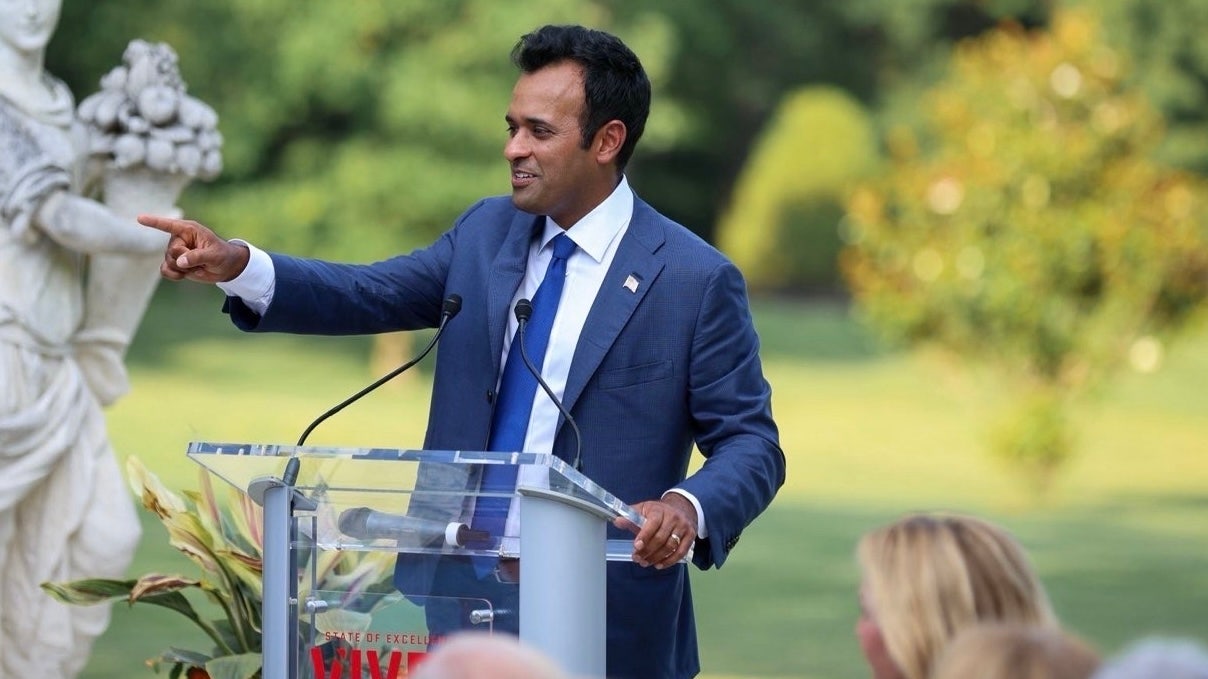DOJ sues Colorado and Denver for alleged interference in immigration enforcement

The Department of Justice has taken legal action against the state of Colorado and the city of Denver for allegedly obstructing federal immigration enforcement. The lawsuit, filed in Colorado District Court, claims that the state and city have implemented “sanctuary laws” that violate the Supremacy Clause of the Constitution. According to the lawsuit, the United States has the ultimate authority to regulate immigration matters.
Sanctuary cities are areas that aim to protect undocumented migrants and have limited cooperation with federal authorities on immigration enforcement. U.S. Immigration and Customs Enforcement relies on support from state and local officials for large-scale deportations and requests police departments to detain individuals for deportation.
The Department of Justice has previously filed similar lawsuits challenging sanctuary policies in other cities like Rochester, New York, and Chicago. In Colorado, the lawsuit alleges that sanctuary policies enabled the Venezuelan gang Tren de Aragua (TdA) to take control of an apartment complex in Aurora, a Denver suburb. While local officials disputed President Donald Trump’s claims about the extent of the gang’s influence, they acknowledged issues at the apartment complex linked to individuals associated with TdA.
The lawsuit names Governor Jared Polis, the state Legislature, Denver Mayor Mike Johnston, and Colorado Attorney General Phil Weiser as defendants. Governor Polis’s office denied that Colorado is a sanctuary state and stated that they collaborate with law enforcement agencies at all levels. They emphasized their commitment to abide by court rulings regarding the validity of Colorado laws.
Republican lawmakers have been pressuring Democratic-led cities to comply with the Trump administration’s immigration policies, which include aggressive deportation measures. Congress called on mayors from cities like Denver, Boston, New York City, and Chicago to testify before the House Committee on Oversight and Government Reform. The mayors defended their cities as inclusive and safe communities, urging Congress to prioritize immigration reform.
In conclusion, the Department of Justice’s legal action underscores the ongoing debate over immigration enforcement policies and the role of local jurisdictions in assisting federal authorities. The outcome of this lawsuit could have significant implications for how immigration laws are enforced at the state and local levels.




